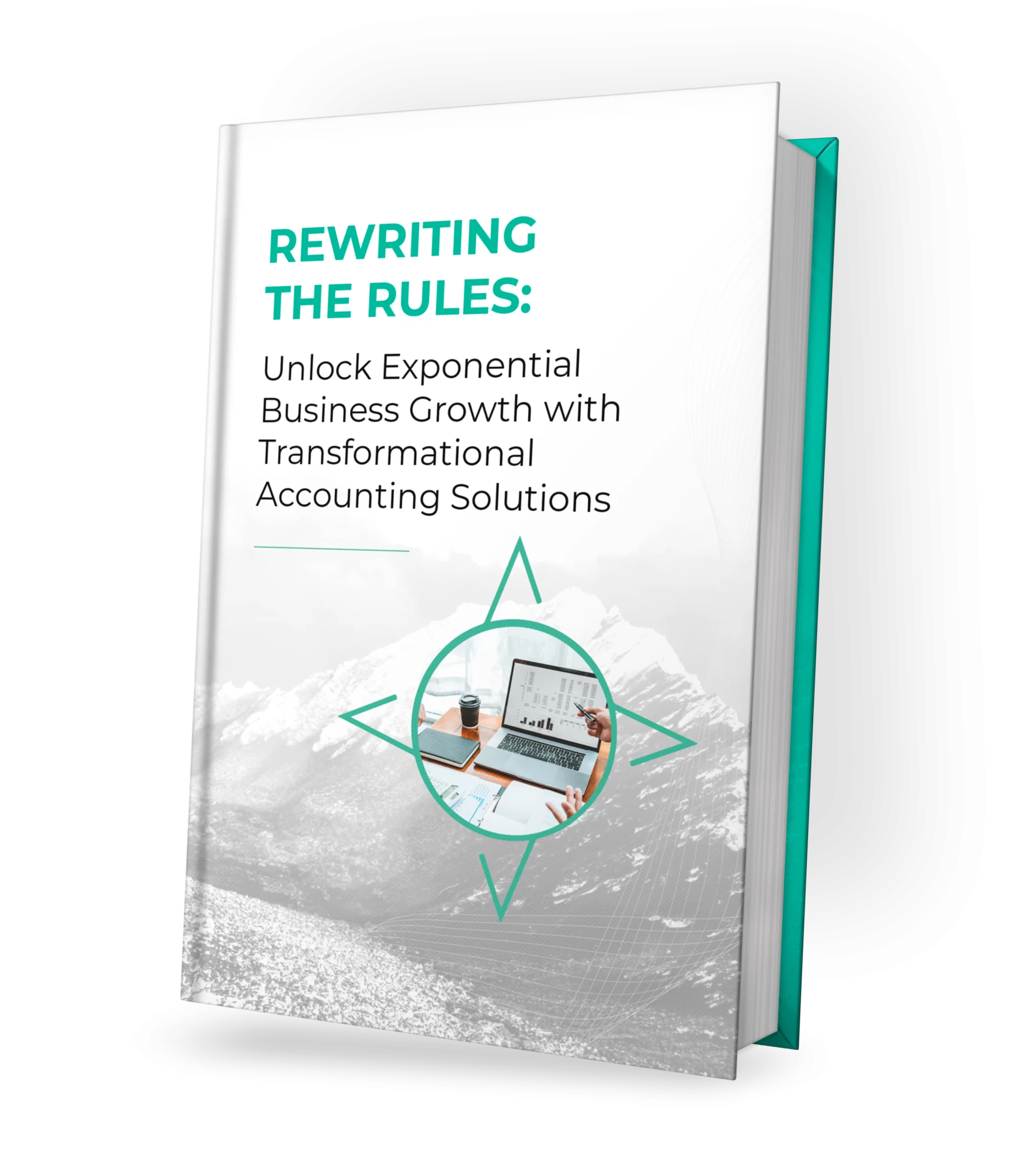Grantor trusts play an essential role in estate planning, providing flexibility and control over assets while offering potential tax benefits. However, navigating their tax reporting requirements can be challenging. Two common questions arise:
- Do I need a separate Employer Identification Number (EIN) for my trust, or can I use my Social Security Number (SSN)?
- Do I need to file IRS Form 1041 (a trust tax return), or can I report the trust’s activity on my individual tax return (Form 1040)?
In this article, we’ll break down these questions to help you understand your obligations and our recommendations for managing your grantor trust effectively.
What Is a Grantor Trust?
A grantor trust is a type of trust in which the grantor retains certain powers or benefits, causing the IRS to treat the trust’s income, deductions, and credits as part of the grantor’s individual tax return. Essentially, the trust is “disregarded” for income tax purposes while the grantor is alive.
There are two primary types of grantor trusts:
- Revocable Trusts: These trusts can be altered or revoked by the grantor during their lifetime.
- Irrevocable Trusts: These are generally permanent, though specific retained powers by the grantor may cause them to be treated as grantor trusts for tax purposes.
Does My Grantor Trust Need an EIN?
Whether your grantor trust needs an EIN depends on the type of trust and the reporting method chosen.
When an EIN Is Required:
- Irrevocable Grantor Trusts: Although not required in all circumstances, we recommend obtaining an EIN for all irrevocable trusts classified as grantor trusts, regardless of the reporting method. An EIN simplifies administration and ensures a smoother transition after the grantor passes away.
- Post-Grantor’s Death: When a grantor passes away, all grantor trusts become irrevocable and must obtain an EIN.
When an EIN Is Not Required:
- Revocable Trusts: During the grantor’s lifetime, a revocable trust typically does not require an EIN. The grantor’s SSN is often sufficient for tax reporting purposes.
Trade-Offs to Consider: Using the grantor’s SSN for a grantor trust may simplify initial setup and reporting but could complicate transitions later. For example, financial institutions often prefer working with EINs.
Do I Need to File Form 1041?
The filing requirements for grantor trusts depend on whether the trust is revocable or irrevocable and the reporting method chosen by the trustee.
General Rule for Irrevocable Trusts:
We recommend filing Form 1041 for all irrevocable grantor trusts annually, even if the income and deductions are ultimately reported on the grantor’s Form 1040. Filing Form 1041 ensures transparency and avoids potential issues with IRS compliance.
Optional Reporting Methods:
Under Treasury Regulation 1.671-4, certain grantor trusts may use alternative reporting methods to bypass Form 1041 filing:
- Optional Method 1: The trustee uses the grantor’s SSN to report income and deductions directly on the grantor’s Form 1040. This eliminates the need for a trust EIN or Form 1041 but requires the trustee to provide annual income statements to the grantor.
- Optional Method 2: The trustee uses the trust’s EIN for reporting, issues Form 1099s for income classes, and provides the grantor with a detailed statement.
- Optional Method 3: For trusts with multiple grantors, the trustee must use the trust EIN and issue detailed 1099s and statements to each grantor.
Filing for Revocable Trusts:
Revocable trusts do not file Form 1041 during the grantor’s lifetime. Instead, all activity is reported on the grantor’s Form 1040.
Special Considerations for Revocable and Irrevocable Trusts
Revocable Trusts:
- Do not require an EIN during the grantor’s lifetime.
- All income, deductions, and credits are reported on the grantor’s Form 1040.
Irrevocable Grantor Trusts:
- Should obtain an EIN, even if the trustee opts to report activity directly on the grantor’s Form 1040.
- We recommend filing Form 1041 annually unless the trust’s income and assets are minimal, in which case an optional reporting method may suffice.
What Happens When the Grantor Passes Away?
Upon the grantor’s death, the trust’s tax treatment changes significantly:
- The trust becomes irrevocable and requires an EIN.
- The trust must file Form 1041 annually to report its income and deductions.
- If a Section 645 election is made, the trust may file a joint return with the estate for a limited time, simplifying tax administration during the transition period.
Final Recommendations
To manage your grantor trust effectively and ensure compliance with IRS rules, we recommend the following:
- EIN: Obtain an EIN for all irrevocable trusts. Use the grantor’s SSN for revocable trusts but prepare for the eventual need for an EIN.
- Form 1041 Filing: File Form 1041 for all irrevocable trusts annually unless using an optional reporting method. Report income directly on the grantor’s Form 1040 for revocable trusts.
- Post-Grantor’s Death: Transition to an EIN for all grantor trusts. File Form 1041 to report income and deductions for the trust.
For personalized guidance on your grantor trust’s tax obligations, consult with our team or your tax advisor. Proper planning ensures seamless administration and compliance, both now and in the future.
Need Help? Contact us today to discuss your trust’s unique tax requirements and create a tailored strategy.
Disclaimer: This article is for informational purposes only and does not constitute legal, tax, or financial advice. Grantor trust tax reporting and administration can vary widely based on individual circumstances. Readers are strongly encouraged to consult their estate planning attorney and tax professional before making any decisions or taking action based on the information provided in this article. Proper guidance ensures compliance with applicable laws and alignment with your unique financial and estate planning goals.

